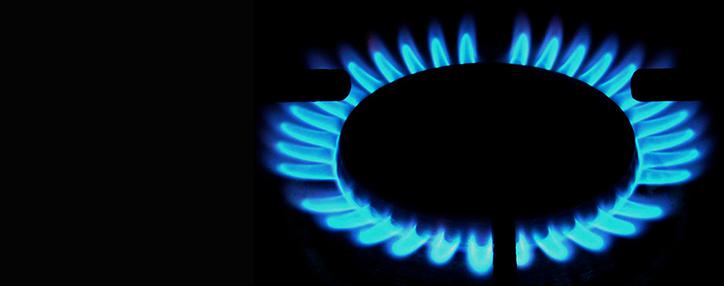Fitch Ratings сuts near-term gas price assumptions

YEREVAN, December 7, /ARKA/. Fitch Ratings has reduced its 2022-2023 assumptions for European TTF gas prices and its 2022 US Henry Hub price, reflecting reduced gas demand in Europe primarily due to lower industrial consumption, ample LNG supplies, and a warm start to the 2022-2023 winter.
'Our oil price assumptions remain unchanged: we continue to expect price moderation due to lower economic growth, which will reduce demand in the short term, while easing geopolitical pressures in the longer term will lead to further price declines,' the agency said.
'We still expect that there will be no Russian gas flowing into the EU in 2023. Europe will be more reliant on LNG supplies and face competition from Asian buyers. However, warm weather, a reduction in European demand, primarily due to lower consumption by industrial users, and continuing vast LNG supplies to Europe led to spot prices declining from their peaks, despite modest increases once winter started. EU gas storage utilization levels are high at 90%-95% at the moment, which is better than we previously anticipated and should help ease supply-demand pressures in 2023. We have therefore cut our near-term assumptions for European gas prices, although they will remain high compared to historical averages and highly volatile.
Our reduced Henry Hub price assumption for 2022 reflects continuing robust supply growth, particularly in the Haynesville and Permian basins, where operators are adding rigs, aiming to increase their scale and capitalize on strong LNG demand. In addition, market expectations of a relatively warm winter in both Europe and the US have put pressure on gas prices.
We have kept all our oil price assumptions unchanged as we continue to expect prices to decline in the short and medium term. We continue to expect OPEC+ to target a broad balance in the oil market by changing production quotas and available crude supplies, but it may become increasingly difficult to achieve a consensus due to demand uncertainties and reduced supplies from Russia, the alliance’s key member. The most recent production reduction was not as aggressive as headline quota cuts suggested. Oil demand is fragile, affected by the slowing global economy.
Oil market supply will be affected by declining Russian exports, including due to an EU embargo on imports from the country (with a few countries exempted), slower US shale production growth, and a potential revival of the Iranian nuclear deal that could unlock more oil exports, although the likelihood of this has reduced following the violent crackdown on protests in the country.' -0-



